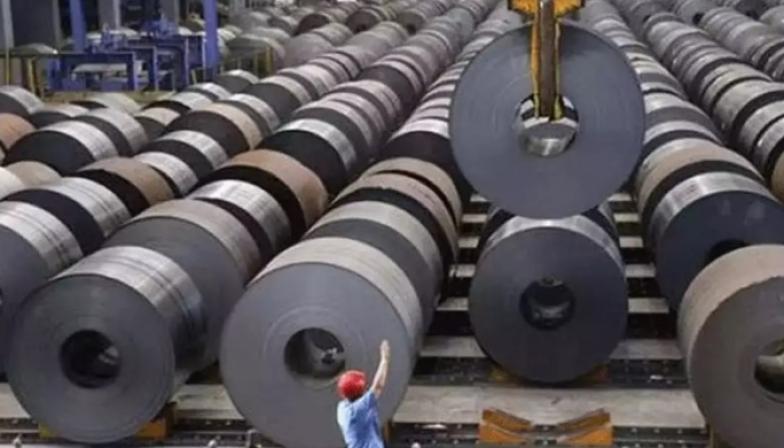The European Union's Carbon Border Management Mechanism (CBAM) creates a new trade barrier for Chinese exports, the state-backed China Steel Association said on Friday, calling for further talks with the bloc to address climate concerns.
In April, the EU approved a world-first plan to impose a tariff on imports of high-carbon goods from 2026, targeting imports of steel, cement, aluminum, fertilizers, electricity and hydrogen.
The levy would pose a greater threat to steel producers in China, the world's largest steel exporter, as their production remains more carbon-intensive than that of the EU.
The new regime entered a trial phase in October, requiring importers of goods into the EU to report only the carbon emissions contained in those products.
The fee will be charged from 2026, when it comes into full force.
The carbon border charge aims to put EU industry and foreign competitors on a level playing field to prevent EU manufacturers from moving to regions with less stringent environmental regulations.
However, it will also increase the cost of steel products supplied to the EU, weakening China's price competitiveness.
“The EU's unilateral creation of CBAM is essentially a new trade barrier created under the auspices of low-carbon technologies,” the China Iron and Steel Industry Association (CISA) said.
CISA's comments came in response to a Reuters query sent in September, ahead of the start of the initial phase of CBAM.
CBAM does not take into account different stages of development in different countries and is contrary to the principle of “common but differentiated responsibilities,” the association said.
“Once other countries adopt reciprocal and similar trade protection measures to protect their interests, this will increase trade costs and increase the risks of trade frictions,” CISA said.
“We hope that the EU can carefully consider the cost and operational issues facing steel consumers in the downstream sector due to changes in import patterns, and establish closer communication with all relevant parties to jointly address climate challenges,” it added.
The scheme would likely increase China's steel export costs by 4% to 6%, Jiang Wei, vice chairman of the association, told reporters at a quarterly briefing in late October.
In September, consultancy Wood Mackenzie said CBAM was likely to significantly increase the cost of steel imports from India and China.
India is weighing local tax options to avoid an EU carbon tax after unveiling its plan in May to lodge a complaint with the World Trade Organization over an EU carbon tax on imports.



